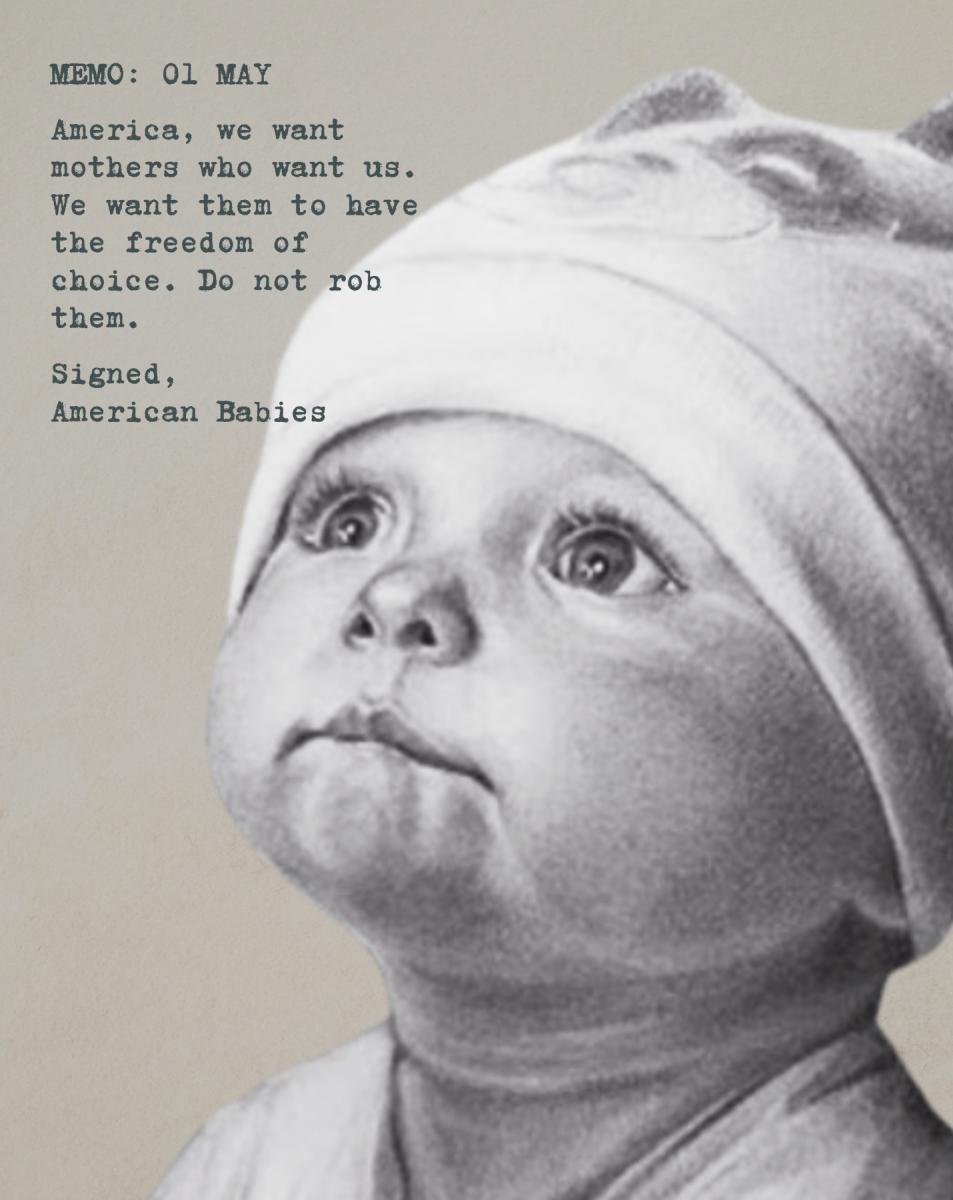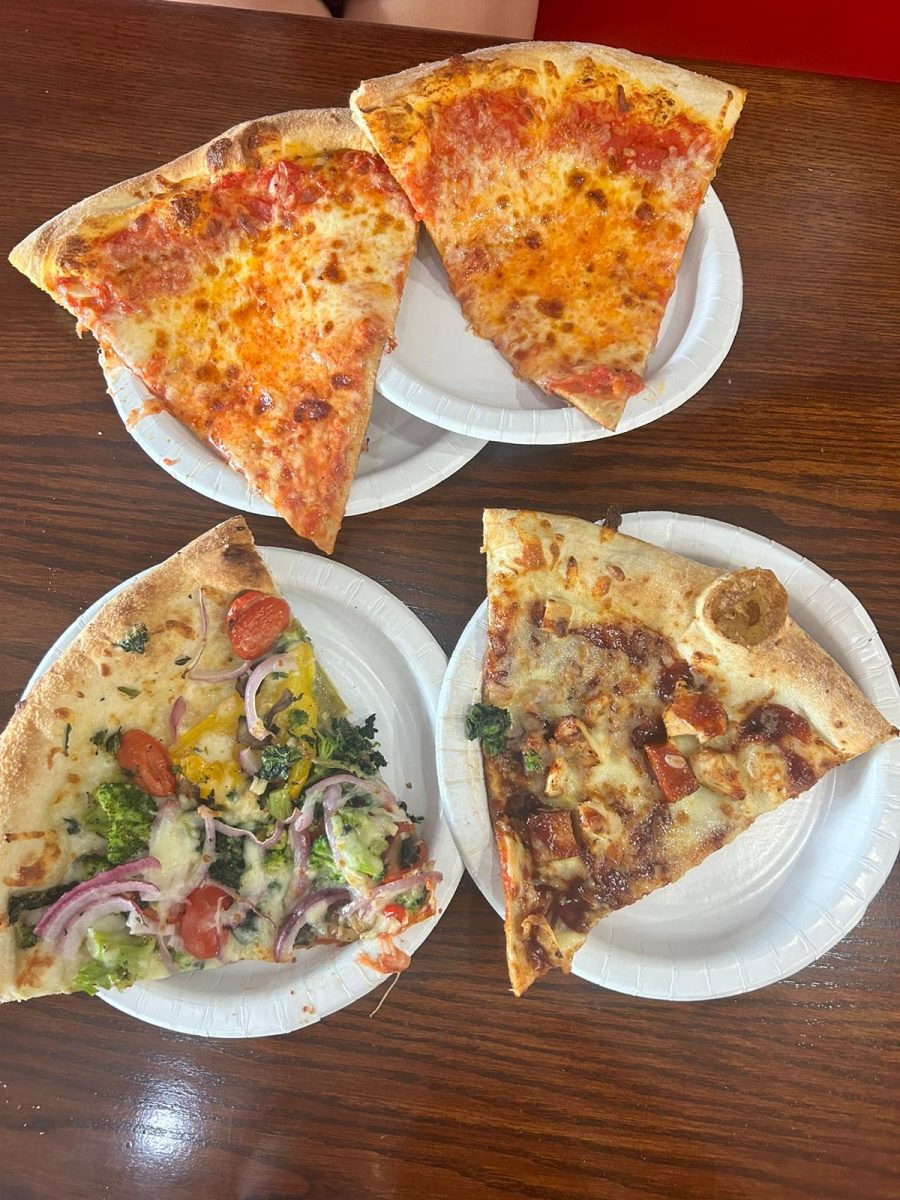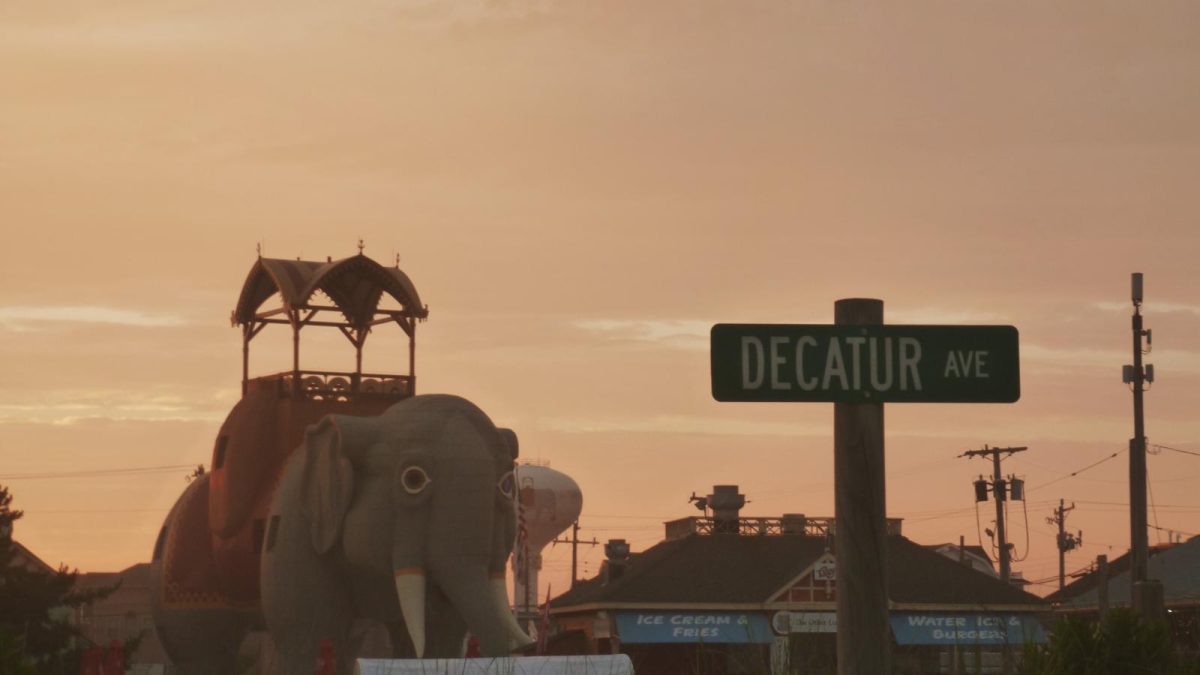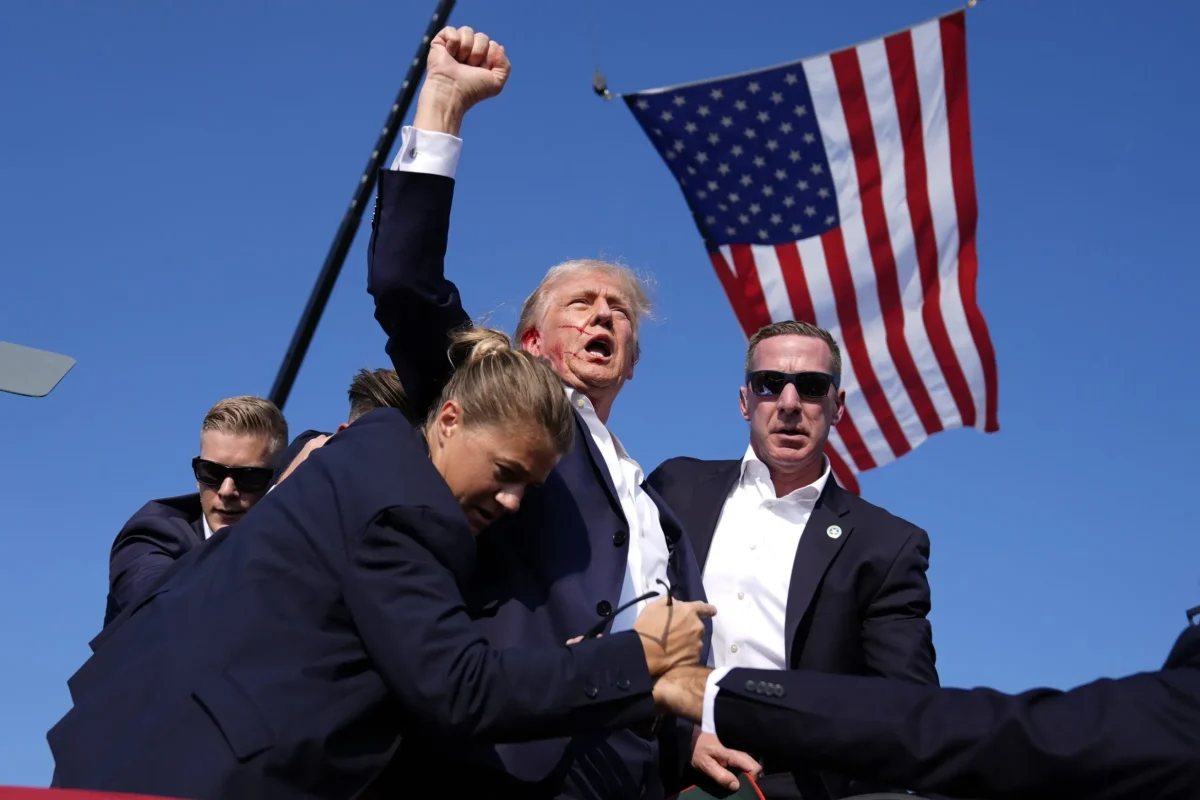As the American Presidential race intensifies, both candidates and their respective parties maintain different ideas as to how our country’s economy should be controlled and its tiers fluctuated. However, no politician can try to ignore the existence of an extreme wealth gap between classes, areas and families throughout America and the rest of the world.
Capitalism, a cornerstone of liberty and democracy, allows citizens to form corporations in order to provide services and products to the populace while increasing their personal wealth. This free market state of economy has flourished since the beginning of the republic, but only recently has it produced wealth gaps of such magnitude on the global scale, meaning the differences between the fortunes of people and countries have become enormous.
After World War II, international trade was regulated by the General Agreement on Tariffs and Trade (GATT), the predecessor to the World Trade Organization (WTO).
This global consortium helped to reduce the number of trade barriers between countries, while still allowing a healthy balance of international trade and protection of national economies. However, when Ronald Reagan was elected President and Margaret Thatcher the Prime Minister of the United Kingdom, together they introduced the world to neoliberalism. This idea was based on the assumption that the world’s economy could regulate itself, thus virtually letting it fend for itself.
After neoliberalism was sufficiently implemented, the omnipresent global wealth gaps expanded like never before. International corporations can freely take advantage of the cheap labor other countries have to offer. For example, a worker in Indonesia can make a pair of Nike shoes sold for $100, but the worker himself only makes 20 cents for his or her effort. Thus, the average income for countries like the Democratic Republic of Congo, as of 2007, remains 120 dollars (World Bank), even when American oil companies drill off many of its shores.
While the middle class standard twenty years ago in the U.S. was twenty dollars an hour, in many poverty-stricken nations today, fifty cents a day is the norm. In the U.S., the most affluent one percent of the population — presumably the leaders of these massive companies — holds over a third of the entire country’s privately controlled wealth (UCSC). Such incongruities occur due to events such as the rapid rise of oil prices for average families at the hands of corporations who use their billion-dollar tax breaks to buy back their own stock instead of relieving prices for the middle and lower classes.
The discrepancies are obvious. As the Western world remains a haven for free enterprise, many countries – even the ones in which capitalism is most available – face unequivocal poverty.
Photo courtesy of Nickee Plaksen (‘10)/Eastside Photo Editor





